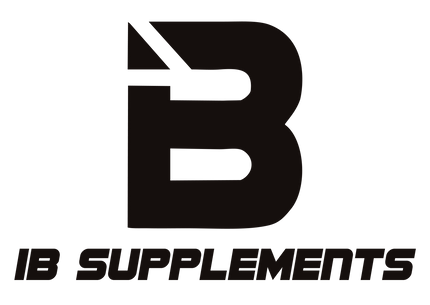Creating an effective muscle building workout plan is the first step towards seeing big gains. But, when it comes to building muscle your diet is just as important to your lifting routine. Getting enough protein is the most efficient way of giving your muscles all the energy they need for punishing workouts and the recovery period that follows.
Just like carbohydrates and fat, protein is a macronutrient which means that your body needs a lot of it (vitamins and minerals are micronutrients). But, unlike carbs and fat, your body doesn’t store reserves of protein so it constantly needs topping up. It’s not as simple as cramming as much protein into your body as possible, though: there’s more to it than that. In this article, we’re answering the question, “what’s the best muscle building diet?”
What to Eat to Build Muscle
Your daily intake level of protein is likely to be the most important dietary factor in efficiently building muscle. The optimal protein intake is .73 grams per pound of body weight every day. So, if you weigh 190 pounds you should be aiming to consume around 139 grams of protein per day.
It’s also important to consume plenty of amino acids so that your body benefits from the maximum anabolic effect of every meal. Leucine is the most important amino acid for building muscle, and you ideally need around 2-3 grams per meal.

Contrary to what used to be advised, there’s no need to completely cut out carbs. It can actually benefit you to eat carbohydrates 1 – 1.5 hours pre-exercise, in your post-workout meal to increase protein synthesis, and to tackle high cortisol levels when you wake up. When choosing your carbs, avoid simple carbohydrates such as the sugar found in honey and fruit juices, and stick to leafy green vegetables and brown rice.
There’s no need to be overly concerned with fat consumption either, as your total calorie intake is more relevant than the specific composition of those calories. This is why it’s entirely possible to build muscle on keto, despite it being a high-fat, moderate-protein diet.
In terms of how many calories you need, this is based on how many your body burns throughout the day. This figure varies widely from person to person and as such, there’s no real consensus on calorie intake in the scientific community. What’s clear is that it’s necessary to create a calorie surplus to complement mass building workout programs, but so far there aren’t any reliable figures on what that surplus should be.
When to Eat to Build Muscle
If you’re weight training to build muscle, when you eat can be as important as what you eat. If you’re new to lifting or you’re returning after a layoff your workouts will increase protein synthesis for as long as 48 hours, and if you’re an experienced master of the weight room that period will be around 24 hours. However, a lot of lifters tend to backload their protein intake with a dinner consisting of a large piece of fish or meat. Protein synthesis is at its best when each meal contains at least 20 grams of protein, so to take advantage of this, your protein intake needs to be spread across three or more meals per day. Aim to eat six small meals a day, but if that’s not possible you can use protein-rich snacks and supplements to ensure you’re consuming something every 2-3 hours.
According to the Journal of the International Society of Sports Nutrition, your muscles are most receptive to protein during the four to six hours surrounding your workout, so aim to eat a protein-rich meal a couple of hours before training and another an hour or two post-workout. The key metabolic window is 30-45 minutes after your lifting session, so it’s important that you eat during this time to help your muscles repair and rebuild. Remember that protein synthesis slows down by up to 30% while you sleep, so if you lift in the morning it’s a good idea to eat something as soon as you wake up or as soon as possible after your workout.
What are the Best Sources of Protein?
To get more bang for your buck in the protein department, include plenty of the following foods in your diet:
- Chicken - This super source of high-quality complete protein is also packed full of leucine.
- Lean beef – This muscle builder also contains leucine as well as zinc, iron, and lots of B vitamins.
- Fish - Oily fish contains omega-3 fatty acids which have been shown to increase protein synthesis and enhance the body’s anabolic response to exercise.
- Eggs – Three eggs will give you a great boost of leucine and lots of high-quality protein.
- Legumes – They are packed full of protein, carbs, and fiber.
- Nuts – Unsweetened, unsalted nuts are a great protein-rich snack for between meals.
